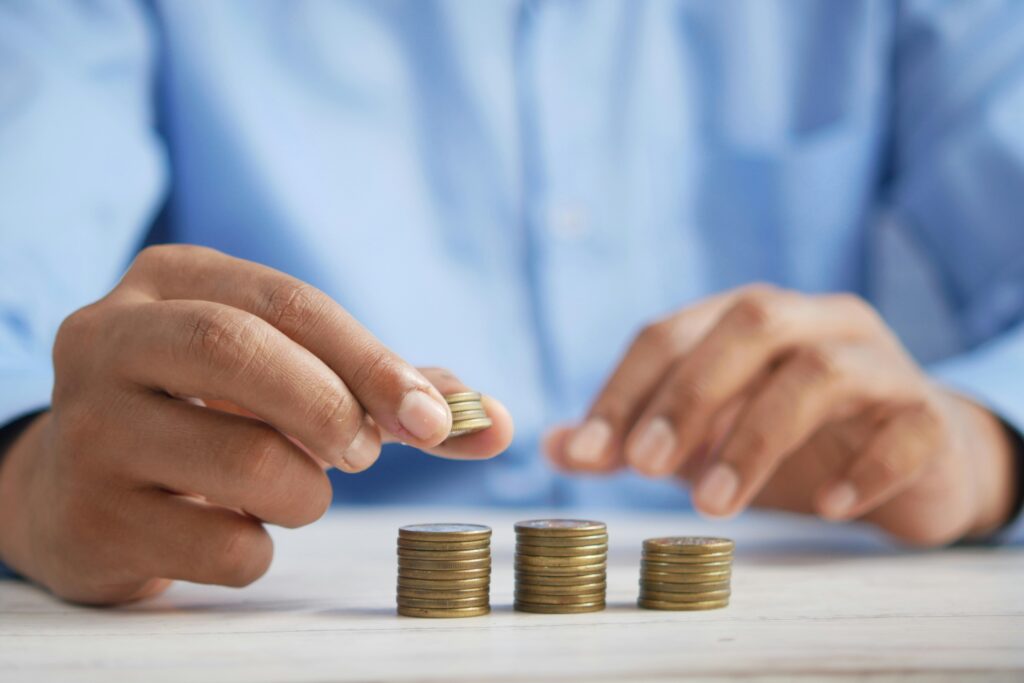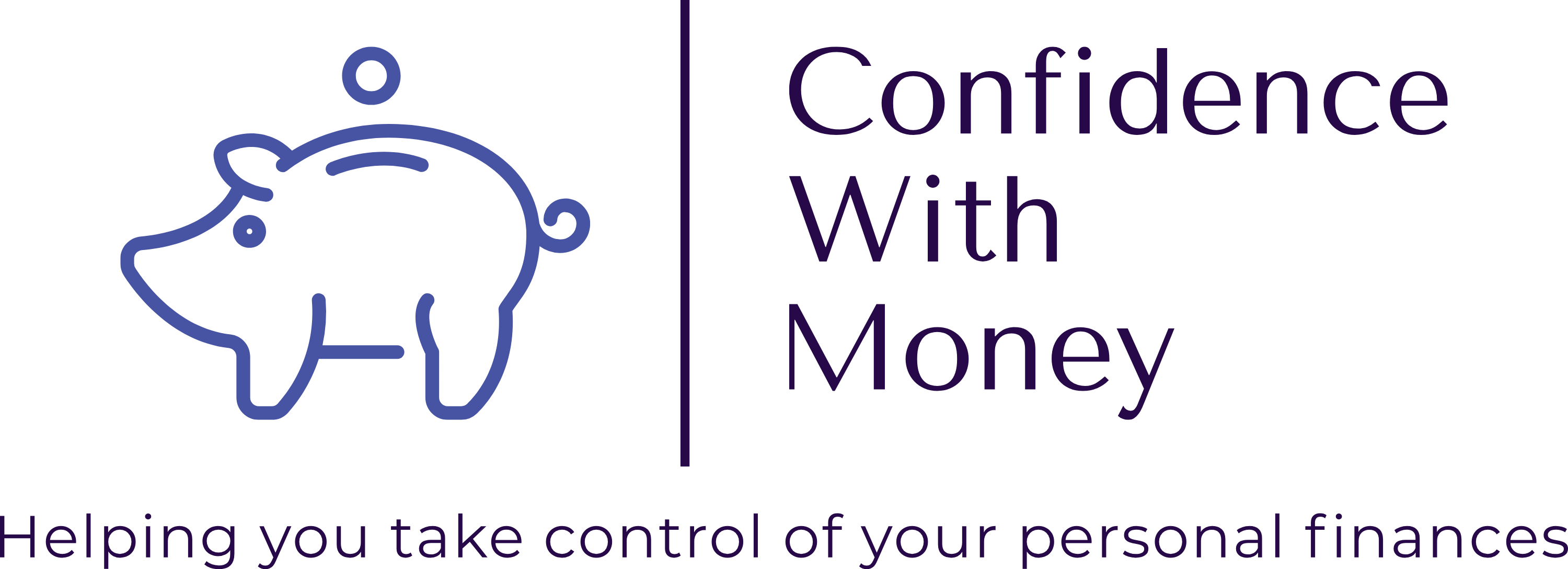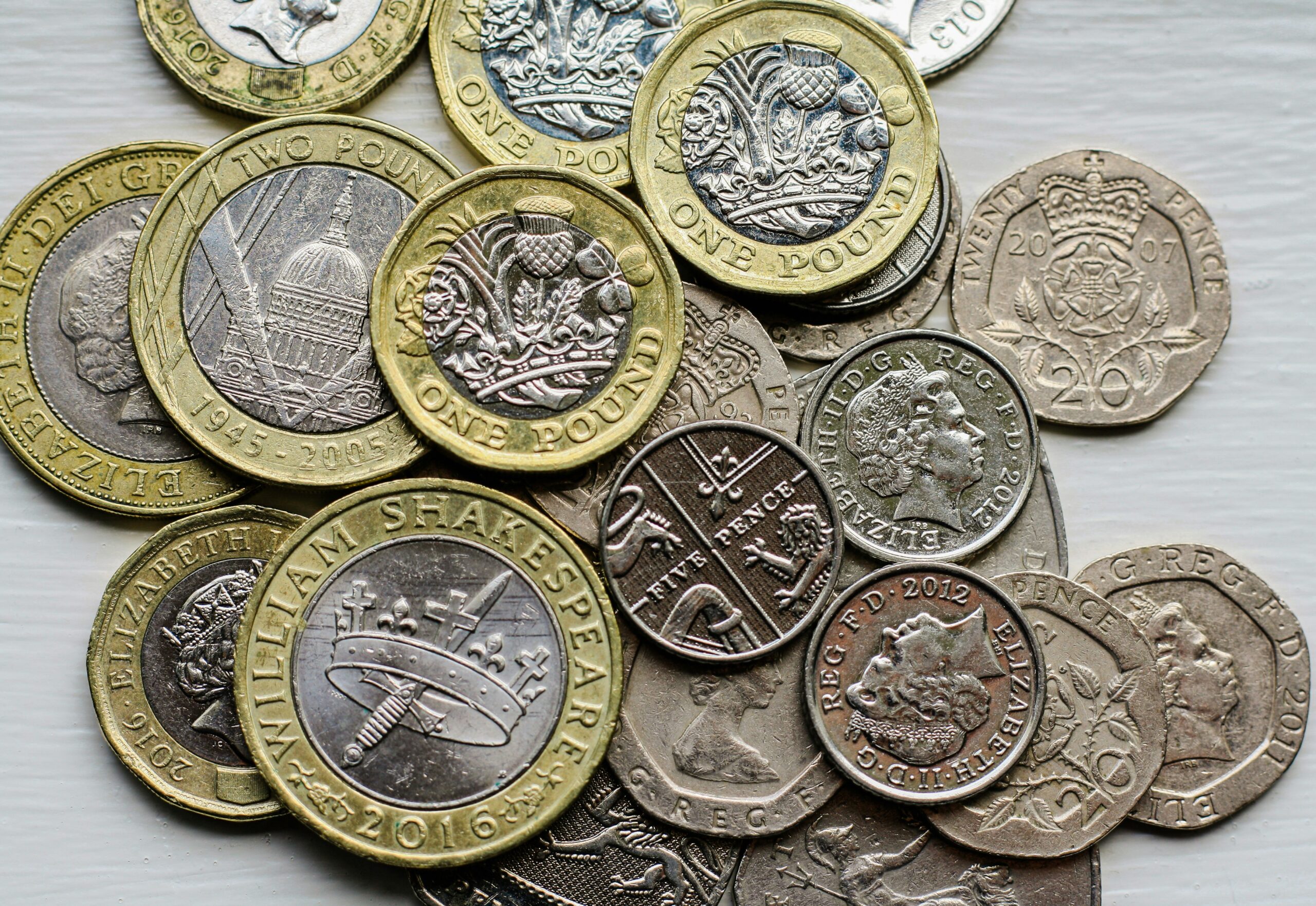Introduction
Whilst this may appear like a dramatic title, I believe there is some truth behind this statement. A budget is where we plan for where our hard-earned money is going to go. The reason I believe that this is one of the biggest things that holds people back financially is that without a budget, it immediately puts us at a disadvantage; it makes it ten times harder to plan for and achieve any of our financial goals such as saving for our next holiday. But most importantly, it can be the key driver behind spending money guilt-free. I want to use this blog post to explain the importance of having a budget, and how it has helped me to feel more confident with my money.
What Is A Budget?
A budget is used to allocate income into different pots such as spending and saving. So for me I take my monthly salary and allocate different amounts of money to my absolute non-negotiables that I could not live without (mortgage, bills, petrol etc), discretionary spending to enjoy myself, savings for holidays, birthdays, and Christmas, and investments into the stock market. It’s a simple process that allows me to see on one page where my money goes when I get paid. It has to be personal which means it needs to be tailored to our own needs, wants, and goals.
A budget is therefore a tool that helps us plan where our money will go. Understanding our incomings and outgoings is critical in helping us to know what we can afford to allocate to each area; we can understand if we are on track to achieve our financial goals.
But why do so few of us have a budget? I think it’s because of our lack of financial education; we don’t hesitate to plan what we are doing at the weekend, what we want to do on holiday etc, so why not apply this to our finances?

Where To Start?
Having a budget has helped me tremendously, I have a clear view of where each pound I earn goes and I can hold myself accountable. If I were starting from scratch, I would begin by noting down what my income is and how often I receive it. For variable incomes, it may be prudent to use an average of the last few months. This is the first building block and now allows us to begin the allocation process.
Next, I would list my absolute essentials i.e the things that I have to spend my money on to live my life. Here I’m talking about things like mortgage/rent, bills, petrol etc. It helps to look at a few months worth of bank statements to get an idea of what is realistic.
After this, you’ll know how much money you have left to, for example, enjoy, save, invest, or allocate somewhere else. I don’t hold back on my allocation to fun spending, otherwise, why would I work hard to earn the money in the first place? So maybe you know how much you spend to enjoy yourself, or how much you need for that big holiday you want to go on, and you can allocate money accordingly. It is a powerful way of being organised and intentional with our money.
These are basic but vital steps to help us plan where our money will go. This is budgeting in its simplest form, there are other forms of budgeting that you can make use of but what I am trying to emphasise here first is the importance of just starting. It has certainly helped me to get a clearer view of my finances, spend guilt-free, go on holiday, but also meet my savings and investment goals. You may have heard of the concept ‘pay yourself first’ which I will explain in a future blog post, but the purpose of this post is just to get you thinking about budgeting. Life is all about balance, and a budget helps to achieve this.
Here is an example, I’ve used the median monthly after-tax take-home salary in the UK and designed what a potential budget may look like. However, some parts may not be relevant. For example, some may not have moved out and do not yet commit to monthly rent or mortgage payments. The whole purpose of this exercise is to get you thinking about how a budget works, and hopefully make you realise that a budget is there to help you feel more confident in understanding where your money is going. My budget looks a bit different to this (I’ll share this in a future post), but that’s because we all have different goals. A budget is personal and meant to fit with your lifestyle.
| Pot | Amount (£) |
| Income | 2,335 |
| Non-negotiable (essentials) | 1,335 |
| Discretionary Spending | 600 |
| Savings | 400 |
This is a basic version of what a budget may look like but as mentioned, it’s there to get you thinking. Some people may want to split savings into different sub-pots such as holidays and birthdays, whilst others might think about investment or car maintenance pots. Some may like to break down the essentials further such as their mortgage, utility bills, phone contracts etc.
You Won’t Be Perfect
I’m not going to pretend that I am perfect with my budget, there are months where I have overspent. But it’s important not to beat yourself up about it, life happens. One of the most important things that I want you to take away from this blog post is that a budget is not supposed to feel restrictive, it’s there to empower you to allocate money to the things you want to do in your life! But realising that there will be bumps in the road, unexpected costs that come up (a future post on the emergency fund is coming), and other uncertainties are part of the journey.
Final Thoughts
I understand the hardships and challenges that approaching and being open about your finances can bring. A budget is not aimed at being restrictive, it’s supposed to be the opposite. They are a fantastic tool for achieving a positive balance in our lives and they help us take control of our money rather than feel that it has a constant dooming effect on us. You should be able to enjoy the money you earn and have comfort and peace of mind that you have a system in place to manage it. My budget continually evolves as I identify new things I want to try in life. That’s normal and okay, trust me! As long as you make it work for you, there is no reason why you cannot take control of what forms the beginning of your personal finance journey.

